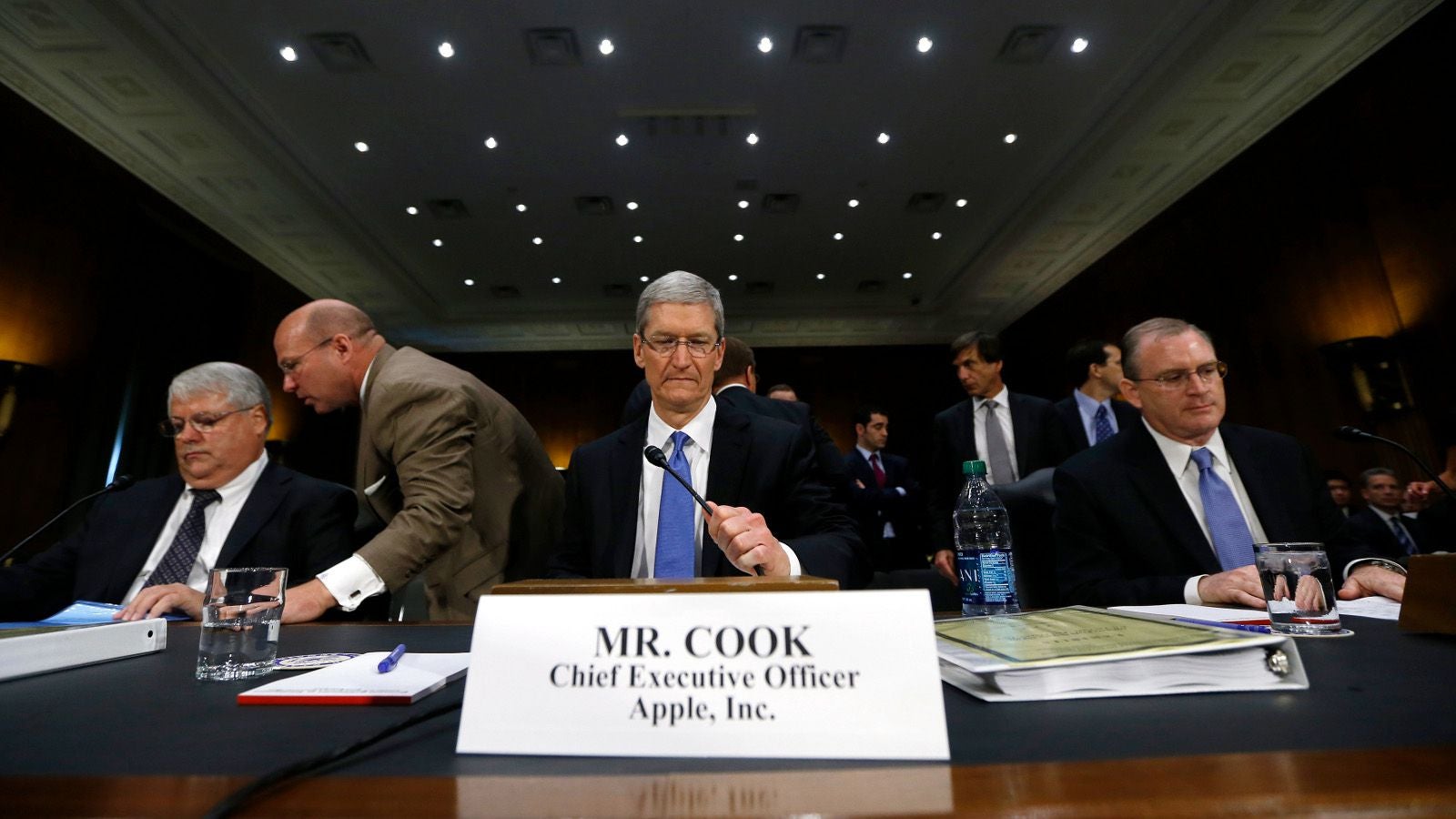Europe could fine Apple billions for illegal tax-cutting deals
The European Union will unveil the preliminary results of a probe into Apple’s international profit-shifting that could end with a multi-billion-euro fine for the company, just as it celebrates the successful launch of its new line of iPhones.


The European Union will unveil the preliminary results of a probe into Apple’s international profit-shifting that could end with a multi-billion-euro fine for the company, just as it celebrates the successful launch of its new line of iPhones.
The investigation concerns agreements the company made with Ireland’s government to garner favorable tax treatment, and corporate structures used to funnel profits there to avoid payments in higher tax countries. US government investigators documented some of these practices last year—including one ruling that allowed Apple to treat its Irish subsidiary as stateless for tax purposes—and now the EU is challenging them as illegal state subsidies to the company.
Apple’s relatively new CFO, Luca Maestri, told the Financial Times that the EU’s case had no merit, saying that the agreements reached with Ireland to lower or eliminate taxes did not include any quid pro quo.
The case should give pause to anyone in the United States arguing that the panacea for the eroding US tax base is a lower corporate tax rate and an end to the American practice of taxing its firms’ global, rather than local, profits. Each European country boasts a lower statutory corporate tax rate than the US and a territorial system, but continues to face problems with tax revenue from local operations slipping across borders.
Since the financial crisis, governments have increasingly pushed back against cozy tax avoidance arrangements, both personal and corporate. The EU is also investigating Starbucks’ relationship with the Dutch government and how the financial subsidiary of the automaker Fiat deals with the government of Luxembourg. In addition, the Organization for Economic Cooperation and Development (OECD), a policy-coordinating group for rich nations, is developing a more rigorous protocol to treat how companies transfer goods and intellectual property internationally for tax purposes.
Any fine would have to be enormous to financially trouble Apple, the world’s most valuable company. It has a stockpile of cash overseas, some $137.7 billion at last count, thanks to its unwillingness to pay taxes on any earnings it returns to the US. This policy has led to some convoluted decisions, like borrowing an enormous amount of money to fund its $50-billion stock buyback plan, rather than repatriating some of that stack and risk paying taxes on it.
But as governments push back against these practices, the contrast between Apple’s utopian marketing and its cynical business practices may present a threat to its public image.